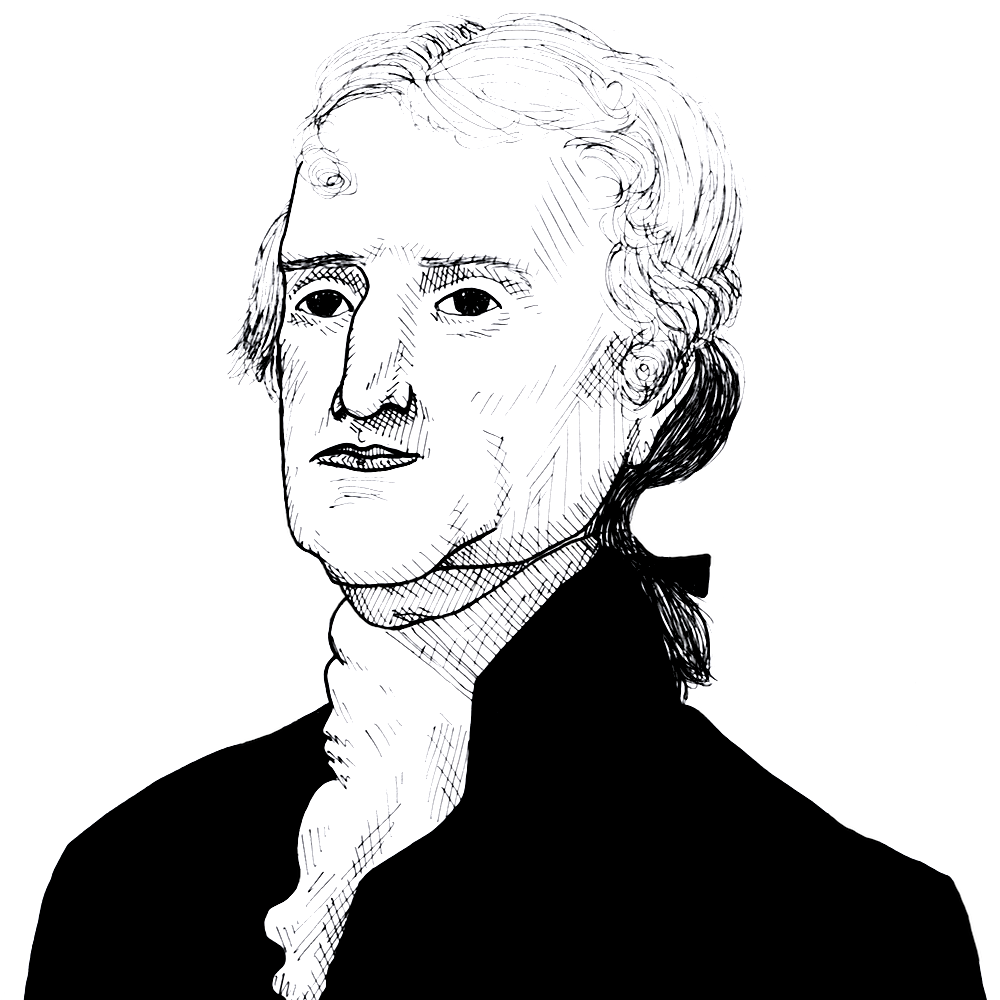
Thomas Jefferson on Slavery and the Wrath of God
Found in: The Works of Thomas Jefferson, 12 vols.
In the lines of this quotation, Thomas Jefferson touches on certain core ideas about what the best life for the individual is, and what the moral order of nature demands ethically. It was these aspects of his thinking that never allowed him to make peace with the institution of slavery.
Colonies, Slavery & Abolition
This is so true, that of the proprietors of slaves a very small proportion indeed are ever seen to labour. And can the liberties of a nation be thought secure when we have removed their only firm basis, a conviction in the minds of the people that these liberties are of the gift of God? That they are not to be violated but with his wrath? Indeed I tremble for my country when I reflect that God is just: that his justice cannot sleep forever: that considering numbers, nature and natural means only, a revolution of the wheel of fortune, an exchange of situation, is among possible events: that it may become probable by supernatural interference! The Almighty has no attribute which can take side with us in such a contest. (FROM: QUERY XVIII The particular customs and manners that may happen to be received in that State?)